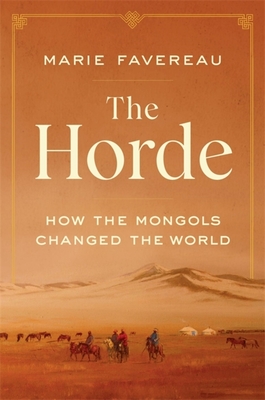Expedite your nonfiction book discovery process with Readara interviews, summaries and recommendations, Broaden your knowledge and gain insights from leading experts and scholars
In-depth, hour-long interviews with notable nonfiction authors, Gain new perspectives and ideas from the writer’s expertise and research, Valuable resource for readers and researchers
Optimize your book discovery process, Four-to eight-page summaries prepared by subject matter experts, Quickly review the book’s central messages and range of content
Books are handpicked covering a wide range of important categories and topics, Selected authors are subject experts, field professionals, or distinguished academics
Our editorial team includes books offering insights, unique views and researched-narratives in categories, Trade shows and book fairs, Book signings and in person author talks,Webinars and online events
Connect with editors and designers,Discover PR & marketing services providers, Source printers and related service providers

The Horde: How the Mongols Changed the World
History > Civilization
- Belknap Press
- Hardcover
- 9780674244214
- -
- -
- History > Civilization
- (Single Author) Asian American
- English
Readara.com
Book Description
An epic history of the Mongols as we have never seen them--not just conquerors but also city builders, diplomats, and supple economic thinkers who constructed one of the most influential empires in history.
The Mongols are widely known for one thing: conquest. In the first comprehensive history of the Horde, the western portion of the Mongol empire that arose after the death of Chinggis Khan, Marie Favereau shows that the accomplishments of the Mongols extended far beyond war. For three hundred years, the Horde was no less a force in global development than Rome had been. It left behind a profound legacy in Europe, Russia, Central Asia, and the Middle East, palpable to this day.
Favereau takes us inside one of the most powerful sources of cross-border integration in world history. The Horde was the central node in the Eurasian commercial boom of the thirteenth and fourteenth centuries and was a conduit for exchanges across thousands of miles. Its unique political regime--a complex power-sharing arrangement among the khan and the nobility--rewarded skillful administrators and diplomats and fostered an economic order that was mobile, organized, and innovative. From its capital at Sarai on the lower Volga River, the Horde provided a governance model for Russia, influenced social practice and state structure across Islamic cultures, disseminated sophisticated theories about the natural world, and introduced novel ideas of religious tolerance.
The Horde is the eloquent, ambitious, and definitive portrait of an empire little understood and too readily dismissed. Challenging conceptions of nomads as peripheral to history, Favereau makes clear that we live in a world inherited from the Mongol moment.
Author Bio
Marie Favereau obtained her Ph.D. in History from the University of La Sorbonne-Paris IV and the Università degli Studi di San Marino. She was a member of the French Institute of Oriental Archaeology (Cairo, 2005-2009) and a Fulbright visiting member of the Institute for Advanced Study (Princeton, 2009-2010). In 2011-2014 she held a post-doctoral position at Leiden University.
She is currently research associate at the University of Oxford and member of the major research project: Nomadic Empires: A World-Historical Perspective (2014-19).
Marie Favereau’s research investigates the connections between Europe, the Middle East and Asia from the 13th to the 16th centuries. She specializes in the history of the ‘Golden Horde’ – the western part of the Mongol Empire which stretched from the Ural Mountains to the Black Sea. Her last publications reflect her interest in alternative forms of historical writing and in social and political implications of historical discourses.
Source: Torch | The Oxford Research Centre in the Humanities and Paris Nanterre University
Videos






Community reviews
No Community reviews

